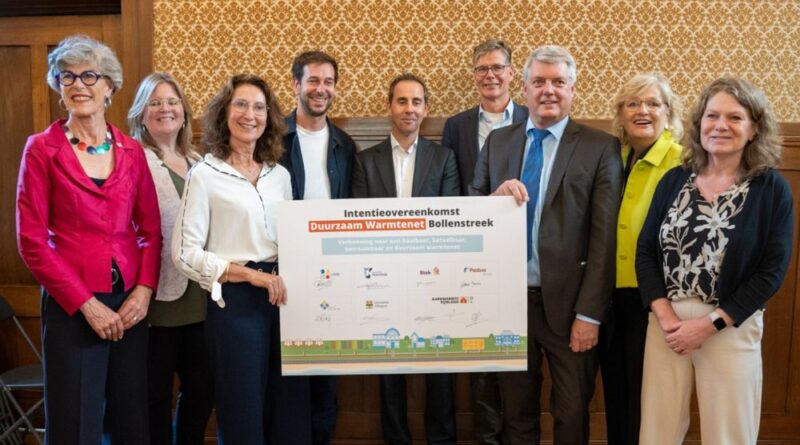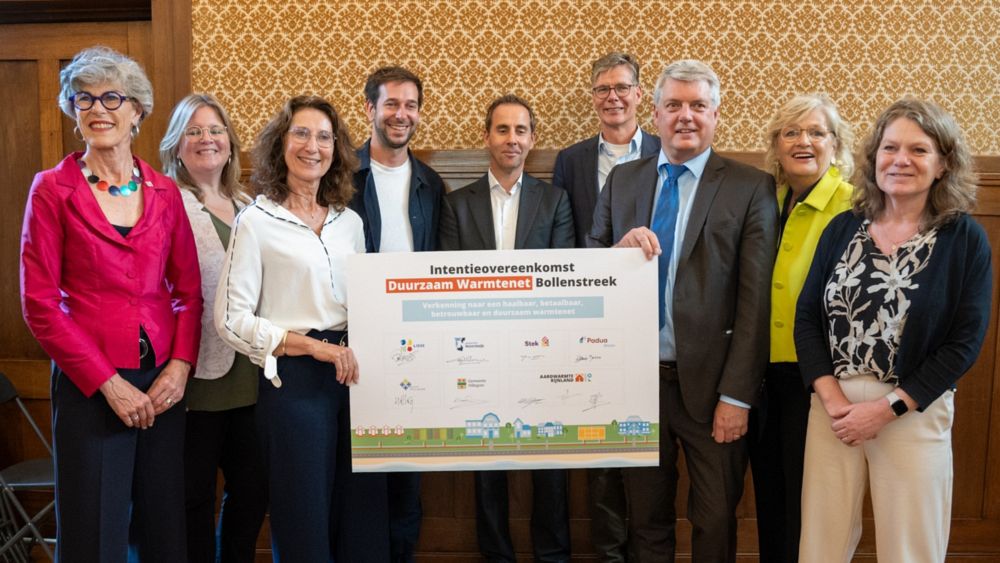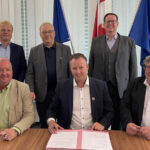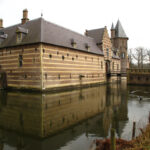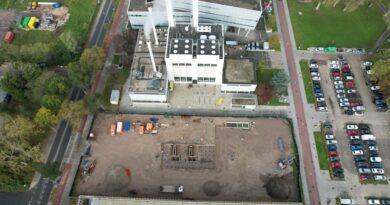Multi-municipality geothermal district heating signed in Netherlands
Energy Disrupter
Municipalities, housing corporations, and a geothermal developer will be working on large-scale geothermal district heating in Bollenstreek, Netherlands.
Several parties have signed a letter of intent to jointly evaluate the potential for a large-scale geothermal heating network in the region of Bollenstreek in the Netherlands. The collaborating organizations include the municipalities of Hillegom, Lisse, Noordwijk and Teylingen, the housing corporations Stek and Padua, and Aardwarmte Rijnland.
The first phase of the cooperation will involve an investigation of whether the network will be feasible, affordable, reliable, and sustainable. If the results are positive, the partners can then decide to convert the letter of intent into a cooperation agreement and a heating company to develop and operate the project. The ultimate goal is to provide enough supply to the heating network to eliminate the use of gas for heating in the entire region.
Aardwarmte Rijnland is a collaboration between Firan, Shell and D4. In 2021, the company had been granted the license to explore and develop geothermal energy in the Rijnland area in Holland by the Ministry of Economic Affairs and Climate (EZK).
The first source to produce geothermal heat will probably be at the Leeweg in Noordwijk, along the N206. Warm water at a depth of about two kilometres has bene investigated in this area.
A public heating company
The organisations want to set up a so-called public integrated heating company. In doing so, they are anticipating the Collective Heating Act that was presented to the Lower House last week which will grant public ownership of the heating company.
The company will include both the supply of heat and the management of the heating network. The law also decouples the gas price and the heating price and the heating tariff will be based on the cost price with a maximum. The organisations are investigating how the heating company can best be set up and which parties they will involve in this.
In addition, the organisations are investigating which neighbourhoods could connect to the heating network and when. The municipalities ultimately determine which neighbourhoods connect. The housing corporations play a role in this because they own a large proportion of the homes.
Aardwarmte Rijnland is also consulting with companies that consume a lot of energy and want to switch to sustainable heating. Sufficient interest is required to start the construction of a heating network.
Source: Aardwarmte Rijnland

